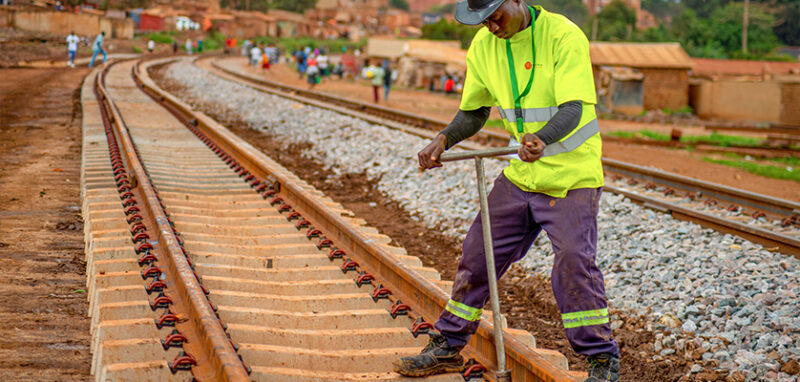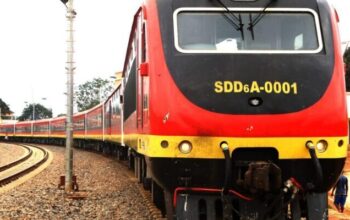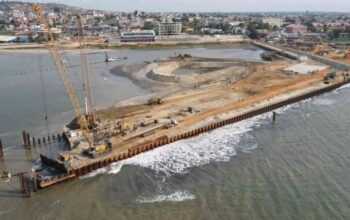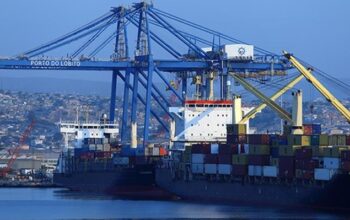The completion of a major rail rehabilitation project linking Malawi’s capital, Lilongwe, with Balaka in the south has paved the way for the resumption of thermal and coking coal exports from Mozambique.
This development is expected to boost coal trade between the two nations, particularly from Mozambique’s coal-rich Tete Province.
While international investors have reduced their involvement in local mining operations due to environmental concerns, Mozambique’s coal reserves continue to attract markets seeking affordable energy sources.
Indian companies Jindal and JSW Steel have acquired mines in Tete, primarily exporting coal to India, while exploring additional markets closer to the mining sites.
The rehabilitation project involved laying new tracks in some sections and reconstructing several bridges on the aging railway line.
According to the Malawian government, efforts are ongoing to restore rail connectivity across areas with existing infrastructure, with plans to extend the line northward to Zambia and potentially the Democratic Republic of the Congo.
Nacala Logistics, the operator of the railway, aims to complete the rehabilitation of the Lilongwe-Zambia line by the end of the year.
The upgraded line connects to the Nacala railway, which runs from the Indian Ocean port of Nacala, through Malawi, and re-enters Mozambique to serve the Moatize coal mines in Tete.
The Balaka-Lilongwe rail line is vital for transporting coal to Malawi’s capital. Although Malawi has limited coal-fired power generation at present, the country has plans to develop larger power plants in the future, which would increase demand for coal imports.




